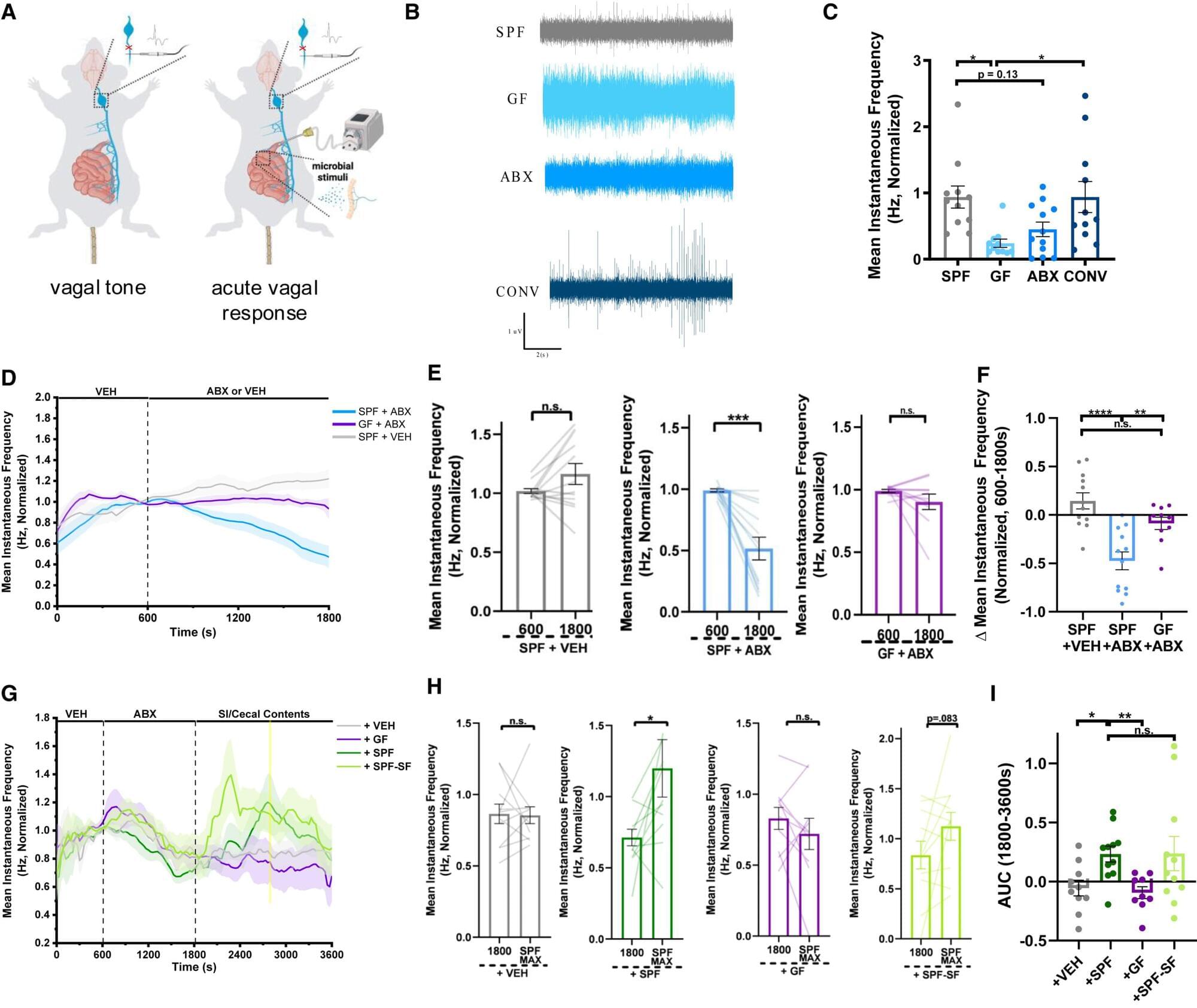A recent study in an animal model provides direct evidence for the role of the vagus nerve in gut microbiome-brain communication, addressing a critical gap in the field.
The research—led by Kelly G. Jameson, as a Ph.D. student in the Hsiao Lab at UCLA—demonstrates a clear causal relationship between gut microbiota and vagal nerve activity. The work is published in the journal iScience.
While the vagus nerve has long been thought to facilitate communication between the gut microbiome—the community of microorganisms living in the intestines—and the brain, direct evidence for this process has been limited. Researchers led by Jameson observed that mice raised without any gut bacteria, known as germ-free mice, exhibited significantly lower activity in their vagus nerve compared to mice with a normal gut microbiome. Notably, when these germ-free mice were introduced to gut bacteria from normal mice, their vagal nerve activity increased to normal levels.
